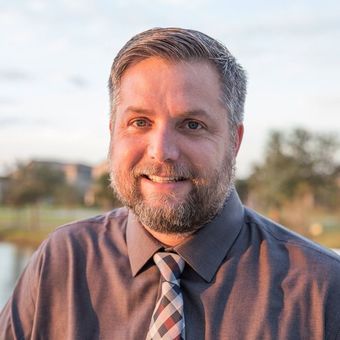“Greatness is not in where we stand, but in what direction we are moving. We must sail sometimes with the
wind and sometimes against it — but sail we must and not drift, nor lie at anchor.”
~ Oliver Wendell Holmes

Definition of Coaching: The International Coach Federation (ICF) defines coaching as partnering with clients in a thought-provoking and creative process that inspires them to maximize their personal and professional potential.
The Coach: A coach – and specifically a Whole Person Coach – does not rely on a pre-defined definition of normalcy. As the client, you inform the process and lead the way holistically. The coach uses powerful questioning to help you recognize and leverage your strengths and resources then self-create your desired outcomes. Client-stated goals often address aspects of personal or professional development and improvement.
Unlike the therapist, upon whom patients often remain dependent for extended periods of time, a coach builds your capacity to be your own changemaker –exponentially, in every aspect of your life. A coach focuses on visioning and success in the present to move you into the future.
Coaching relationships are shown to produce desired outcomes among well-functioning clients and do not involve the diagnosis or treatment of mental disorders as defined by the American Psychiatric Association. Nor is coaching a substitute for counseling, psychotherapy, psychoanalysis, mental health care, or substance abuse treatment
Whole Person Coaching: A holistic transformational learning process based on the premise that when you come to fully embody, embrace and express all aspects of your whole self (mental, emotional, physical, social, and spiritual) you are positioned to thrive in any aspect of life. You become rich in resources, grounded in your being, and at peace within.
Sources: Life Coaching Federation, Coaching Training World

